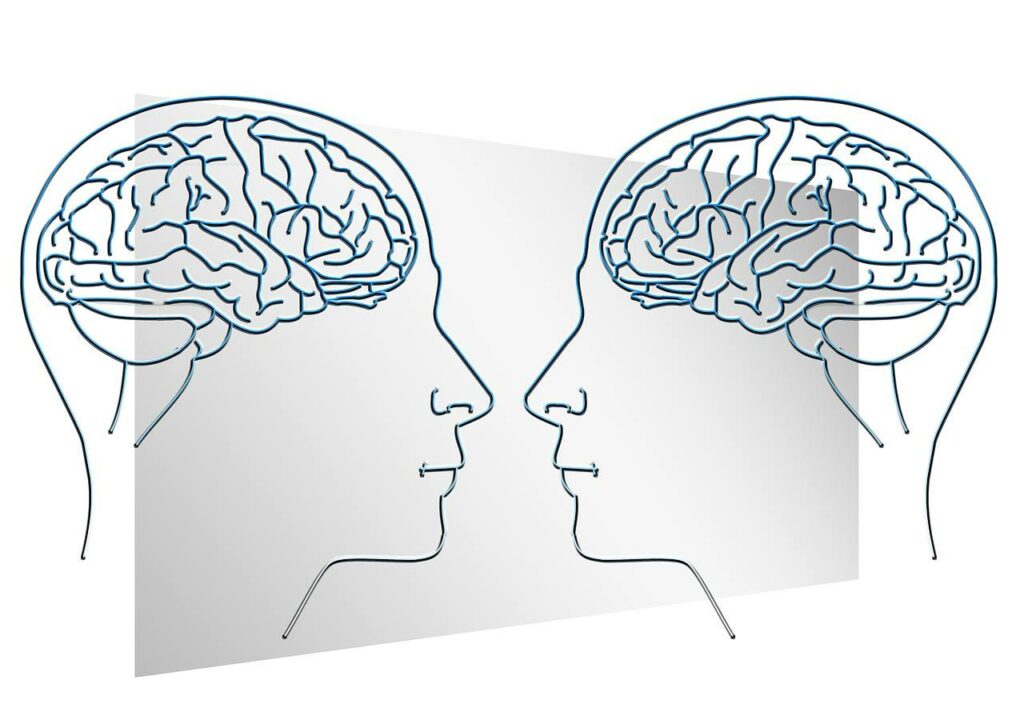
Moral leadership requires training and patience
Challenging is ‘difficult, in a way that test your ability our determination.’ Something is complicated when components need to be connected in the right way to make it work, such as in a laptop or phone. Therefore, moral leadership is indeed challenging but not complicated. Read on for tips and answers to the question: how can I develop moral leadership? This article outlines the steps to improve your ‘moral condition.
Benefits of Developing Moral Leadership
A stronger ‘moral condition’ prevents (thinking) errors. Especially when making decisions under time pressure or significant stakes, ‘accidents’ are lurking. A good moral leader is therefore vigilant in recognizing cognitive errors, unforeseen consequences, unheard opinions, or decisions that go against the values of those involved. Moral leadership thus leads to ethical decision-making. Precise care is taken, especially when the pressure and stakes are high. The consequences are tangibly measurable:
- higher brand value
- A larger (free) reach of your message
- Others are willing to embrace/follow your ideas
True change comes from within. Authentic communication. A strong brand has a widely embraced moral compass and acts accordingly. For instance, you cannot be critical of algorithms while simultaneously using them to personalize your advertisements
Juliëtte Schrauwers
What is moral leadership?
On the page about moral leadership, it is described as follows: ‘contributing to what you consider good for society based on wisdom, justice, courage, and moderation’. This intentionally isn’t a rigidly defined definition. Moral leadership cannot be captured in a ‘model’ or a ‘checklist’. As mentioned, it is ‘difficult, in a way that test your ability our determination.’ (definition of ‘challenging’ according to the Cambridge Dictionary). This makes it not complicated but rather difficult to develop.
Especially when the pressure and stakes are high, a moral leader takes time and space to arrive at a thoughtful and supported decision. That’s why moral leadership is difficult, but not complicated. A moral leader maintains the balance between power and counter-power. It’s like a ‘moral constant’ to prevent certain opinions from prevailing and/or dissenting perspectives from being insufficiently visible.
The moral constant: the greater the pressure and the stronger the opinions, the slower and more deliberate your thinking should be.
Own citation
To lose your balance hurts
Just like in real life, you stumble when you lose your balance. And that can be quite painful. At Booking.com, the balance between shareholders’ interests and societal concerns was lost when they applied for COVID-19 support despite making huge profits. The result was a painful dent in their brand image. DSM briefly lost its balance during the move from Heerlen to Maastricht. However, they quickly recovered. Facebook also faces frequent missteps, including when introducing new terms for using WhatsApp.

How can you develop yourself as a moral leader?
The challenge of developing oneself as a moral leader is twofold. It begins with holding yourself accountable for your intentions behind a particular decision. Does this align with what you perceive as good for society? The second part of the challenge lies in being accountable to society for the consequences afterwards. In both aspects, the ability to think ‘slowly and sensitively’ is essential because you can only take responsibility when:
- you know what you perceive as ‘good’ for society and that it is acceptable to all parties involved
- you have sufficient insight into potential consequences. This requires imagination and empathy regarding the subject
It’s not without reason that Alex Brenninkmeijer states in his book that Moral leadership arises from knowledge, experience, courage, and the willingness to question your values. Knowledge and experience that are very useful for a moral leader include:
- Recognizing fallacies
- Observing non-verbal signals
- Identifying unsafe situations to speak freely
- Being able to organize one’s own opposition
- Avoiding the use of power tactics
These are just a few examples from the list of knowledge and skills associated with developing moral leadership

A moral values compass trains your moral fitness
The moral values compass provides tools to continue thinking ‘slowly and sensitively’. It compels you to consider the aspects that form the foundation of moral leadership. You can use the compass as a ‘questionnaire’ to refine your thinking about a specific topic. Or as a measuring tool to assess how far you are ‘on course’ in developing moral leadership. Therefore, the moral compass measures three components that are essential in taking responsibility.
- present values
- openness for influences
- impact on environment
Refer to the page about the moral values compass for further explanation of the components.
Nick Nijhuis makes organizations digitally mature, is a business innovation lecturer, moral leadership trainer, and NIMA examiner


Pingback: Solving a moral dilemma with a step-by-step plan - Moral Leader